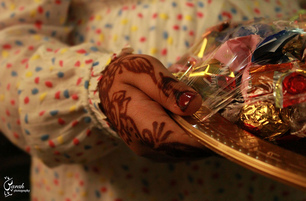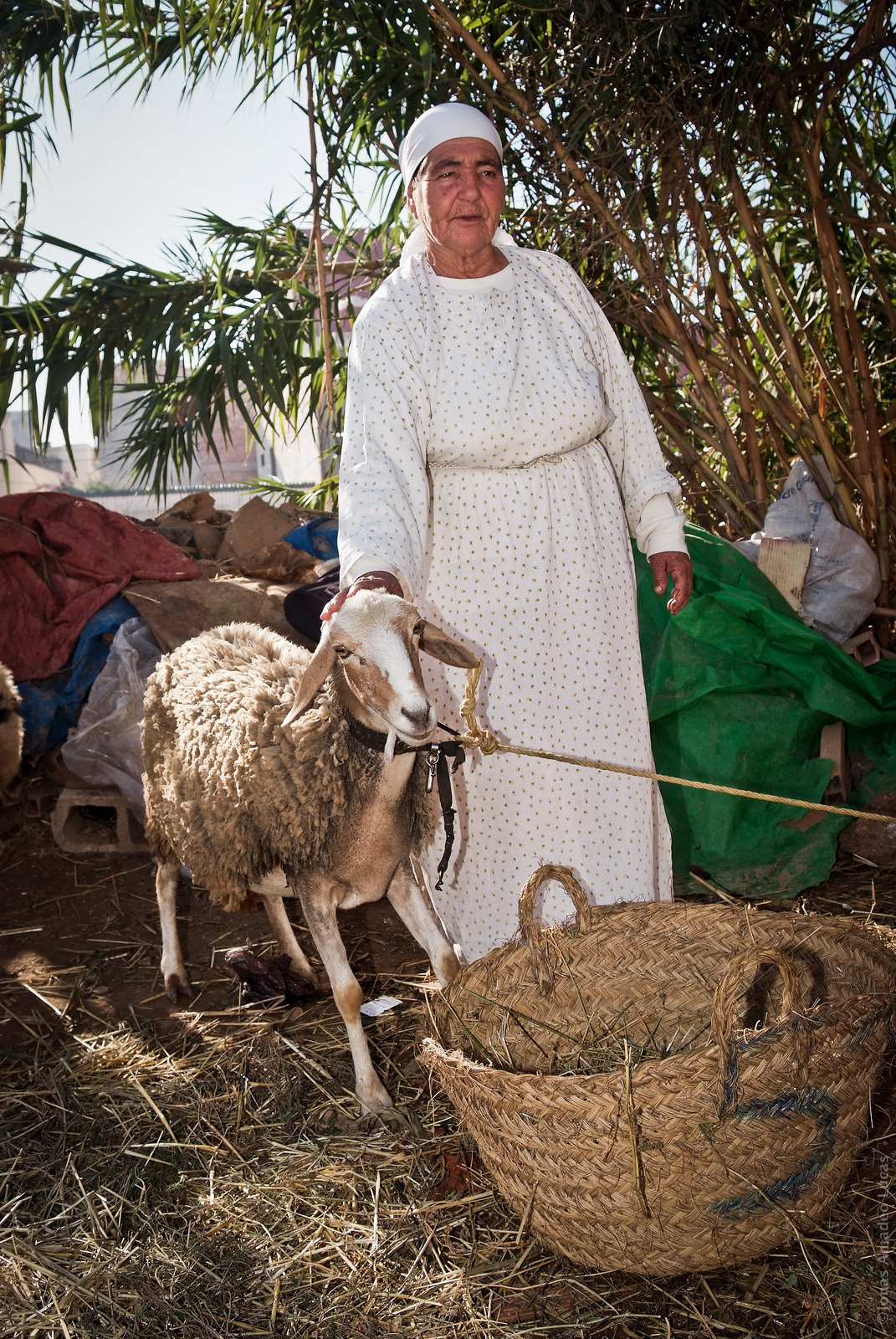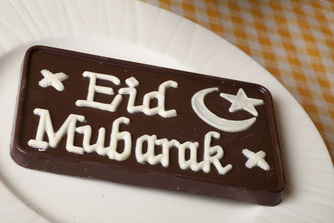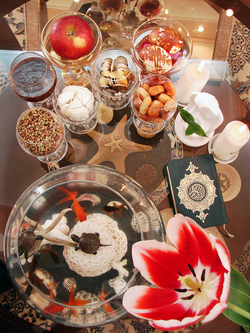Muslim Holidays

Muslims have two holidays which occur at the same time each year in the
lunar calendar, but vary from year-to-year in the Gregorian calendar (solar
calendar). Muslims emphasize these two main holidays. Also important to note is
that they do not celebrate other holidays such as Christmas, Easter, Halloween or Valentine’s Day, or anything else which goes against the principles of Islam.
Both of the Muslim holidays are commonly referred to as Eid; the first holiday being Eid
al-Fitr (following the end of Ramadan) and the second holiday is Eid al-Adha,
which starts on the 10th day of the last month of the lunar Islamic calendar.
Eid al-Fitr
This holiday starts at the end of the month of fasting (Ramadan) and lasts for three days. During Eid al-Fitr, food, gifts or money is donated to the poor, called zakat al-Fitr. Muslims usually attend Eid prayers in congregation
at the mosque in the morning. After prayer, Muslims spend time feasting and visiting with friends and relatives. Some communities organize special fairs and amusements for children. It is typical to wear new clothes on Eid according to sunnah, and parents commonly give gifts or money to children. The greeting Muslims give on Eid is “Eid Mubarak” or “Eid Sa’id”. This is joyous holiday
after a month long of fasting!
Eid al-Fitr
|
Upcoming Holidays
Eid al-Fitr 2017: June 25th Eid Al Adha 2017: September 1st |
Eid Al-Adha
This holiday is the Festival of Sacrifice. It commemorates the Prophet Ibrahim’s (AS) willingness to sacrifice his beloved son Isma’il following the command of Allah SWT. Prophet Ibrahim (AS) was about to carry out the command of Allah but Allah SWT replaced his son with a ram at the last moment before sacrifice. Our prophet Muhammad SAW taught us to recognize Prophet Ibrahim’s remarkable show of faith by celebrating Eid al-Adha. It also coincides with the hajj activities in Mecca, which commence once yearly. It is traditional to slaughter a lamb, goat or similar, and eat from it as well as donate some of its meat. Also on this holiday Muslims, attend prayer, gather, feast, and exchange gifts. ****** As far as holidays Muslims celebrate, these two above are it! (Can Muslims celebrate birthdays?) Of course, as mentioned earlier, Christmas and Easter are holidays Muslims do not participate celebrating in for obvious reasons. Because of its connection with and association with pagan beliefs, Halloween is also a no-go. Valentine's Day and St. Patrick's Day (honoring/worship of saints) similarly should be avoided, as should any other celebration which betrays the fundamental beliefs in Islam. We really need to fear Allah SWT in this, as such practices are forms of shirk (please see NME link for more info), the worst sin in Islam. |
- Celebrating non-Muslim holidays
- More info about Eid holidays and other goodies at 2eids.com
- Eidway -selling Eid Decorations!
Downloads
***Teachers, parents and kids: Please see our Islam Just for Kids page to get craft resources for these celebrations.
***Teachers, parents and kids: Please see our Islam Just for Kids page to get craft resources for these celebrations.
|
| ||||||
|
| ||||||
|
| ||||||
|
| ||||||
|
Eid Holiday Acknowledgement in Schools
Do you have children in public or private (non-Islamic) schools? Please watch the informative video (right) and follow this link to Project: Eid Awareness, which is an ambitious and exciting campaign whose aim to bring about awareness in schools for Eid holidays. This idea is so vital to Muslim youth in validating their values and beliefs, but equally important is that it spreads knowledge and understanding to non-Muslims. This website offers FREE banners for schools to post and provides an informational flier for teachers to share with their classes. |
|
|
|



